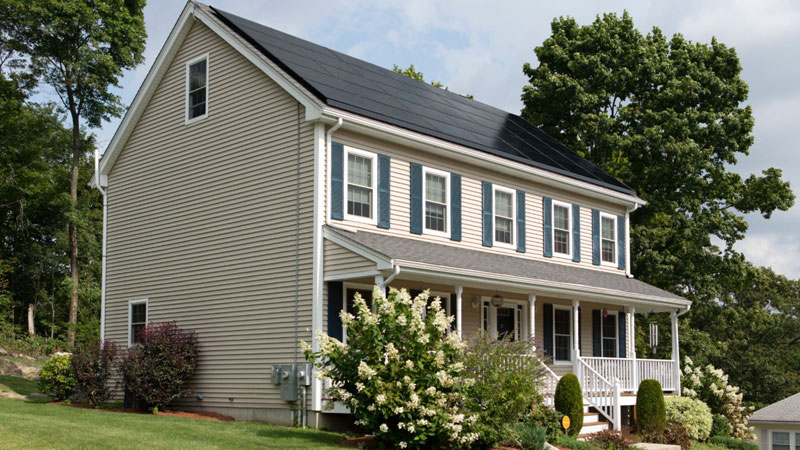Is Home Ownership Always Beneficial?
Experts and amateurs alike commonly tout that buying a home is one of the best investments you can make. And you don’t have to look far to find someone who made a massive profit selling a home or someone whose entire net worth is tied up in a luxury property.

But is owning a home always a good idea?
The Benefits of Home Ownership
To be sure, there are many benefits of owning a home. If you’re paying rent, your money simply goes to the landlord, but if you’re paying a mortgage, some of your money will go toward paying down the principal of your loan. This allows you to build home equity over time, increasing your ownership stake in the property. If you’re paying the same amount in rent as you would in a mortgage, the mortgage is almost always the financially superior option because of this.
On top of that, owning your own home gives you more control. You can do whatever you’d like with the property, customizing it as you see fit, and you can sell it whenever you’d like.
However, these advantages aren’t always enough to make up for the potential downsides.
The Right Home vs. the Wrong Home
First, you should understand that not all homes are worth owning. There are several types of homes that can compromise the value of your purchasing decision.
For example:
- Owning a home in a bad neighborhood. Most people think optimistically about the appreciation of their home. If the neighborhood is good and continues to be attractive to prospective buyers, you can generally count on your home appreciating in price. But if crime rates go up, if jobs in the area plummet, if school quality takes a hit, or if you suffer other problems in the neighborhood, home prices could actually fall. If you’re unlucky, you could end up seeing your home lose value over time.
- Owning a home in disrepair. If you own a home that’s in a state of disrepair, you could end up paying much more than just the mortgage on a regular basis. If you have to pay for ongoing repairs and maintenance adding up to thousands of dollars a year, any home equity you see is going to be quickly negated – especially when you compare the growth of your investment to other potential investments.
- Overpaying for a home. We also need to consider the possibility of overpaying for a home. If you buy a home for $300,000 and the mortgage works out to $2,000 per month, with average rent in the area being around $2,000, that may seem like a wise choice. But if the home’s actual worth is $250,000, or market conditions change suddenly after you move in, driving the price down to $250,000, you’ll still be responsible for paying off the original loan – which means you could suffer $50,000 in losses.
Owning vs. Renting
It’s also worth noting that in some situations, renting is better than owning. If the price of rent is equal to or lower than what you’d pay for a mortgage, renting is probably better. You won’t have to pay for any maintenance or repairs while renting, meaning you’ll have lower regular costs – and a much more budget-friendly living situation.
You’ll also enjoy other advantages, including:
- No need for a down payment. You won’t need to save up a massive down payment when renting a place. If you’re having trouble saving extra money, this is hugely important.
- Access to additional amenities. Oftentimes, renting an apartment gives you access to additional amenities, such as a luxury pool or a gym.
- Greater flexibility. Owning a home means you’ll have to sell that home if you plan on moving. But renting an apartment or a home is usually much less of a commitment.
Home Ownership as an Investment
There are competing schools of thought about whether buying a home is a good “investment.” Some argue that home ownership is a good financial move because it beats renting in most situations. But if you compare the rate of return of home appreciation to the potential return you could get from investing in stocks, ETFs, and even REITs, it’s not as attractive. If you have $100,000 to spend on a home, it’s sometimes in your best financial interest to invest that money in stocks or an investment of similar potential.
Buying a home is typically a favorable financial decision, especially when compared to renting, but this isn’t a universal truth. Sometimes, owning a home is more trouble than it’s worth – and your home isn’t guaranteed to appreciate in value.
Take your time when making major financial decisions, do your research, and make sure you remain open to all the possibilities.



